2 min read
Gospel-Centered from the Start
“Let us hold unswervingly to the hope we profess, for He Who promised is faithful…Jesus Christ is the same yesterday, today, and forever.” (Hebrews...
I wanted this article to tell a story about somebody else. That’s what I like to do.
Not today. This time, I come face to face with my own baggage.
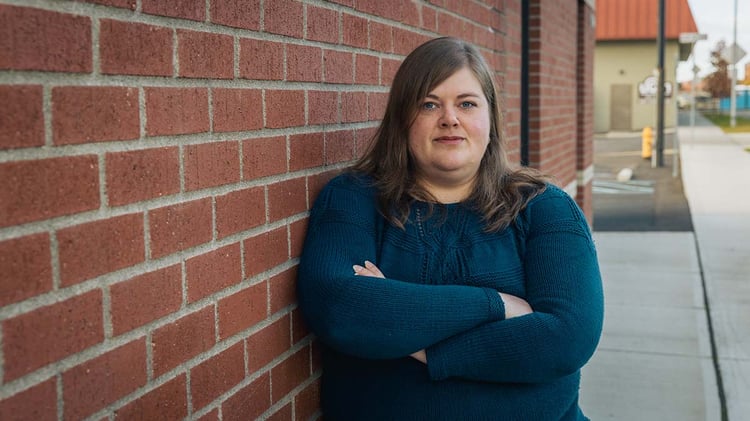 I was invited to sit in on a Recovery program class at the Center for Women and Children in Coeur d’Alene, taught by UGM’s Women’s Ministry Director, JoAnn Zajicek.
I was invited to sit in on a Recovery program class at the Center for Women and Children in Coeur d’Alene, taught by UGM’s Women’s Ministry Director, JoAnn Zajicek.
In Untying the Knots of the Heart, we talked about our family of origin, the people in the home or homes where we passed our childhood. Those early years have a profound impact in shaping who we are.
To be clear up front, we aren’t looking for a scapegoat. As JoAnn said to the class, “We are not trashing our family of origin. We are trying to understand them.” With God’s help, we can love people who have hurt us, while acknowledging their mistakes and doing what we can to avoid perpetuating them.
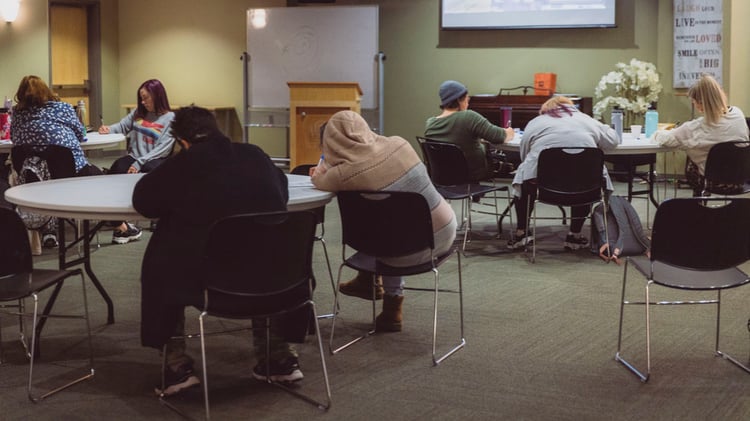
The curriculum includes an inventory where students answer a long list of questions about our upbringing, questions along the lines of, “Was there a person in the home who had to be appeased for there to be peace?” or “Were family members punished for expressing strong emotions?”
For each “yes,” another point was added to the score. On questions about severe forms of abuse, multiple points could be added. A “healthy” home was classified as a score of 1-5, a “confused” home 6-11, and a “dysfunctional” one of 12 through the highest score of 54.
While students reported their numbers, I quickly totted up my own on the inventory: 7. It was the second-lowest number in the room. The vast majority were in the 40s and 50s.

As JoAnn stressed, these are just numbers. We don’t infer direct causation between these scores and our life circumstances—our unique stories aren’t that simple.
In light of other research about adverse childhood experiences and their impact on adults, it isn’t surprising that a group of women in recovery from substance abuse and toxic relationships mostly had higher scores. But that isn’t the whole story.
I’ve worked with UGM over the past decade and have heard and told many stories about the chaos and abuse that characterized the residents’ childhood homes—or lack of homes. The amount of trauma seems devastating, making God’s intervention to change so many lives at UGM so miraculous.
My childhood was a far cry from those stories. I can honestly say that love, safety and support characterized my home. And yet, this inventory told me I’m from a “confused” home.
I was taken aback. It took brutal honesty just to mark those seven questions with “yes,” and I hesitated on others before answering “no.” As JoAnn had warned, my affection for my family members made it hard to admit, even just to myself, that anybody had done anything wrong.
I felt defensive: If my home wasn’t healthy, I can’t realistically imagine one that is. That would be a home filled with perfect people. People who don’t exist.
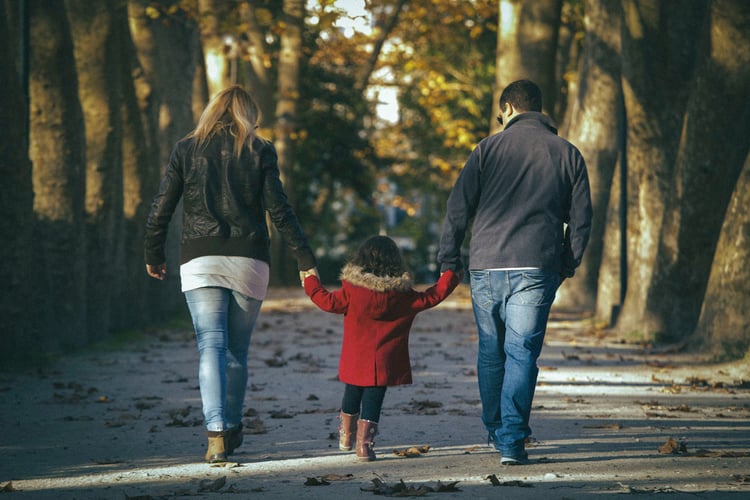
Maybe that’s why, as JoAnn tells us, less than 5 percent of American homes would fall in the “healthy” category. Dysfunction is what’s “normal.”
Now, “confused” seemed like the perfect descriptor. I hardly knew what to think. Much as I want mine to be that exceptional “healthy” family, I know truth is the only way to freedom (John 8:31-32).
The point of our exercise is explained by the class title, Untying the Knots. We all have behaviors that we know need to change, and this class is about cutting through surface issues, discerning where our mindset and actions come from and addressing the source. “The purposes of a person’s heart are deep waters, but one who has insight draws them out” (Proverbs 20:5).
I can’t deny that I have habits and tendencies that I need to change, and they must have come from somewhere.
To name just a few: Why do I tie my worth and my reason for existence to my performance and contributions? Why do I have such a deep-rooted fear of judgment or rejection by anyone, even a stranger? Why does any kind of conflict spark a strong response of fear and avoidance in my gut?
I have suspicions about how some of these might have been reinforced in my home life as a child. But the older I get, the more empathy I gain for the other people in that picture. I know I am more than capable of behaving as they did, whether their actions were just unhelpful or clearly wrong.
I think that’s what makes it hard to look into the past and say, “Yes, that was wrong.” If I can’t make excuses for their sins, I know there is no excuse for my own.
Where does that leave me?
To be honest, I left the class with my thoughts in turmoil and it’s taken me several weeks of contemplation to write this.
Looking honestly at the past, how do I deal with the reality that my loved ones did things that hurt me, and that I have hurt or am hurting them? Do I want excuses, a shifting of blame up or down the generations? Or do I want forgiveness, the complete erasure of the record against myself and those who shaped me?
 Ever since the first sin by Adam and Eve, the successive generations have duplicated and magnified wrongdoing. Jesus is the only human who truly broke that cycle. “…[W]here sin increased, grace abounded all the more, so that, as sin reigned in death, grace also might reign through righteousness leading to eternal life through Jesus Christ our Lord” (Romans 5:20-21).
Ever since the first sin by Adam and Eve, the successive generations have duplicated and magnified wrongdoing. Jesus is the only human who truly broke that cycle. “…[W]here sin increased, grace abounded all the more, so that, as sin reigned in death, grace also might reign through righteousness leading to eternal life through Jesus Christ our Lord” (Romans 5:20-21).
My denials and excuses, both for myself and my family, stiff-arm that grace, that righteousness, that eternal life. Insisting that my home was “healthy” pushes away a free invitation into the family of God, where forgiveness and reconciliation is the norm.
"Insisting that my home was 'healthy' pushes away a free invitation into the family of God, where forgiveness and reconciliation is the norm."
Jesus told his critics, “Those who are well have no need of a physician, but those who are sick. I have not come to call the righteous but sinners to repentance” (Luke 5:31).
What happened to the “righteous” people who scoffed at Jesus for calling people from the seedy side to himself? Undoubtedly some went on with their self-satisfied lives, continuing to think Jesus was a hypocrite or a weirdo. Some of them, probably, were part of the conspiracy that brought Jesus to the Roman authorities to be killed.
They weren’t healthy, but they didn’t know it. Jesus warned them: Unless they realized they were sick, they couldn’t be healed. Unless they confessed their need for the Savior, it would go unmet.
Unless I confess the sins in my past, both mine and those of others, I cannot forgive and be forgiven. I cannot embrace my adoption into what is being made into a healthy spiritual family, “fellow citizens with the saints and members of the household of God” (Eph. 2:19).
Thank God I can freely admit that we weren’t healthy, but our prognosis is good.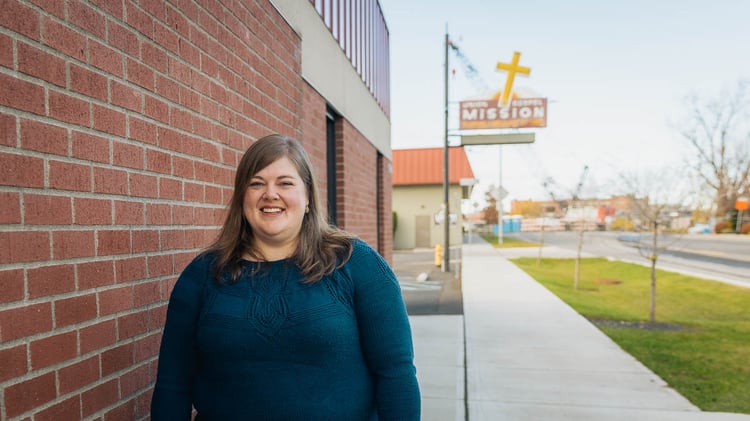
Real change is possible for all of us. Learn about five key elements of lasting change, below.

2 min read
“Let us hold unswervingly to the hope we profess, for He Who promised is faithful…Jesus Christ is the same yesterday, today, and forever.” (Hebrews...

9 min read
To celebrate 75 years of serving the Inland Northwest, we are spending the year remembering our history and the faithfulness that built us and...

2 min read
In 2026, Union Gospel Mission Inland Northwest is approaching our 75th Anniversary! This is a milestone that invites gratitude and reflection, and...
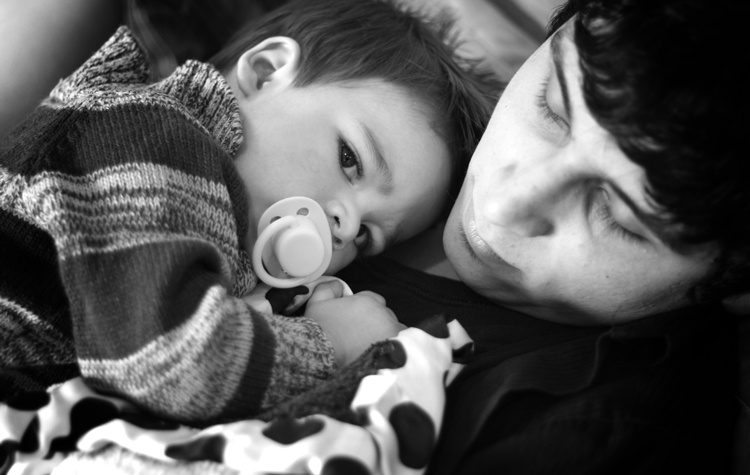
1 min read
All of God’s ways are perfect. One of His ways for life on planet Earth was to create the family unit. As we see in the Scriptures, the original...
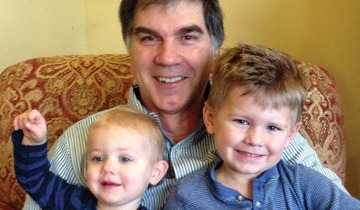
“If a country is to be corruption free and become a nation of beautiful minds, I strongly feel there are three key societal members who can make a...
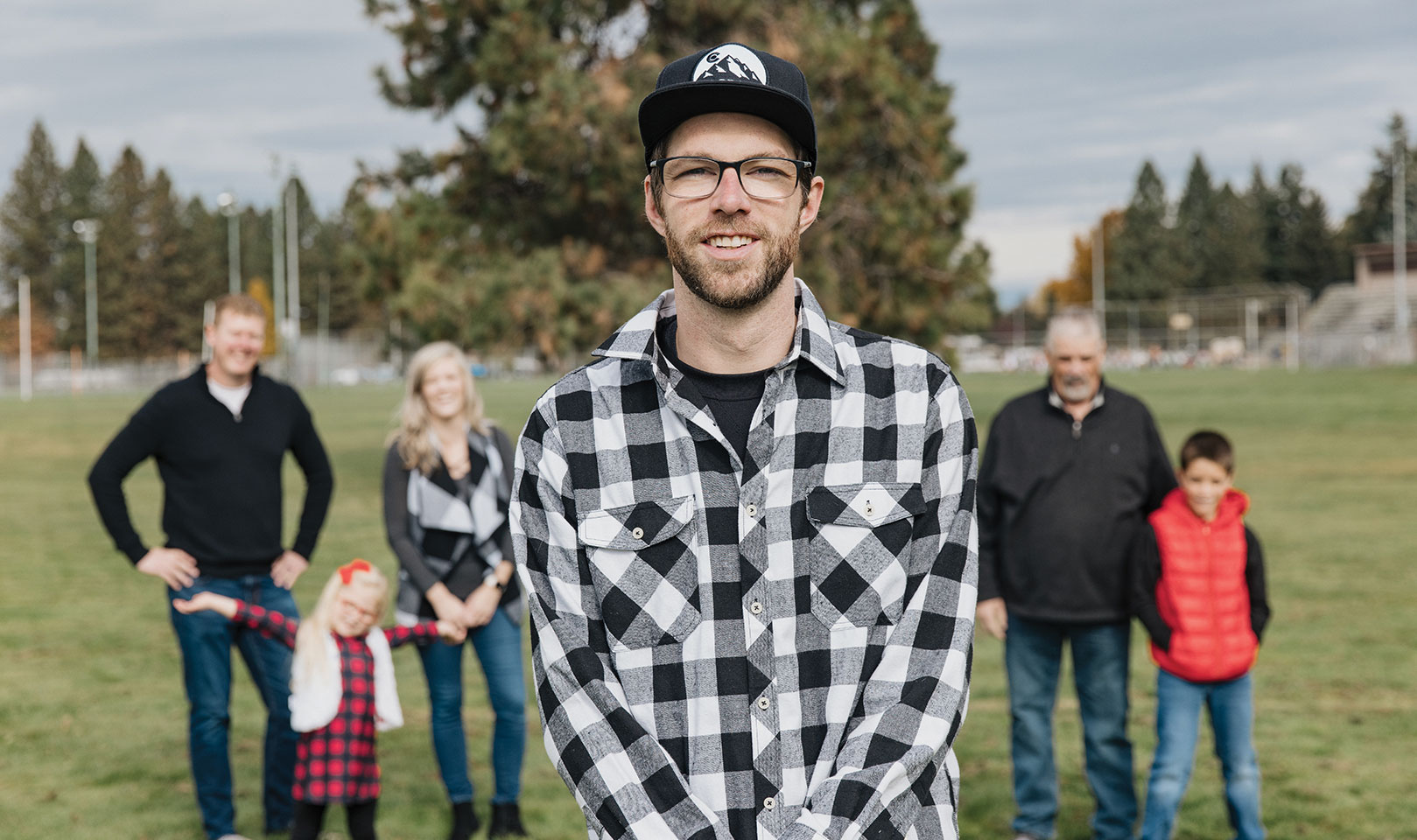
Is there anything more cherished during the Christmas season than our families? The gifts, the candles, the carols, and the festive meals wouldn’t...